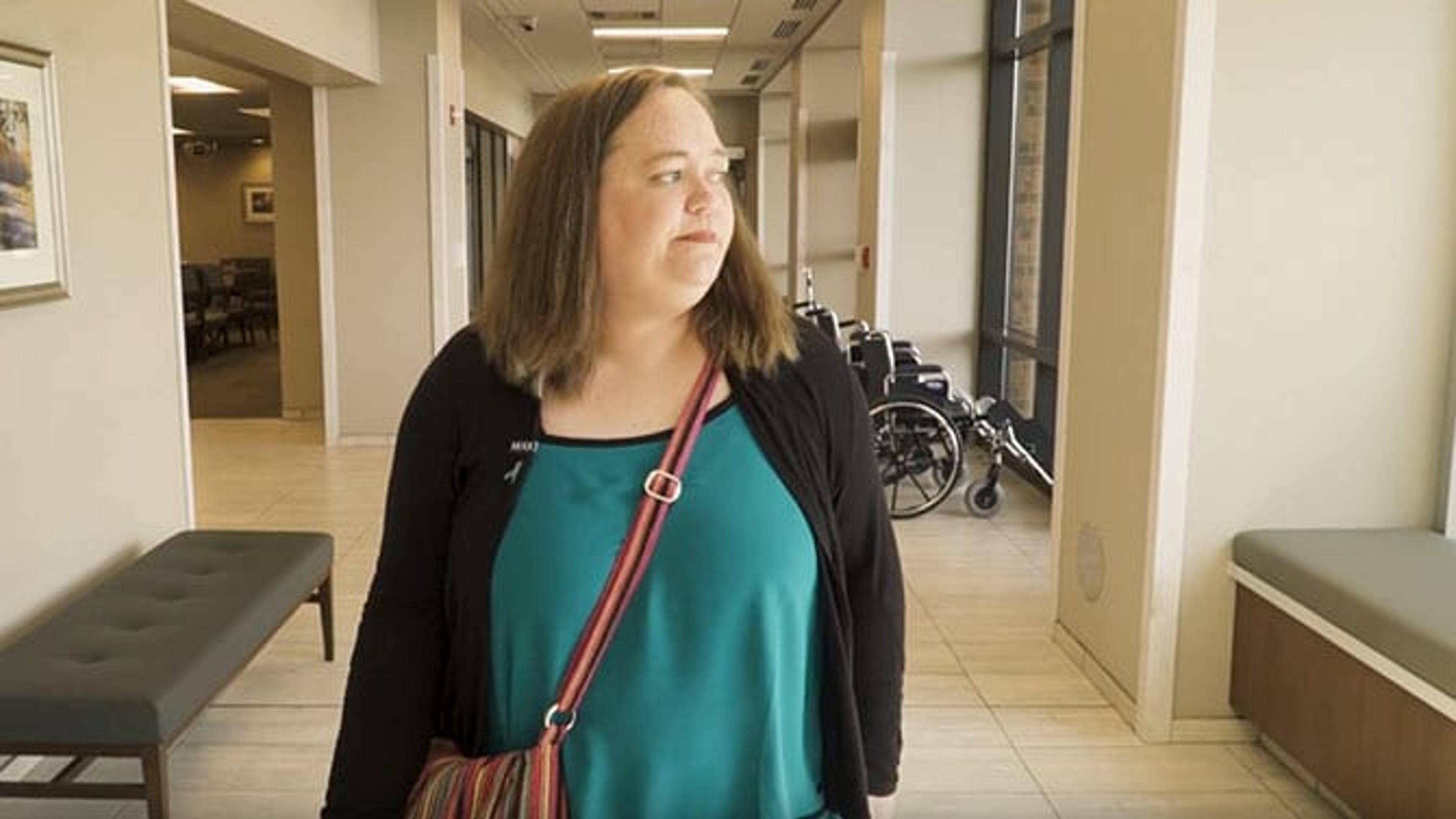Growing Orthopedic Needs Met with New Low-Cost Initiative
bcbsm
| 3 min read

Orthopedic surgery is one of the most common procedures for musculoskeletal trauma. It’s a viable treatment that can repair bones, tendons, muscles, and ligaments. In recent years, the need for orthopedic medical care has grown exponentially causing an unexpected surge in rates. Planned orthopedic procedures cost approximately $25 billion in 2017, showing a 44 percent increase from 2010. The latest Blue Cross Blue Shield Association Health of America report, which utilizes the largest collection of commercial insurance data in the U.S. for Blue Cross members, found that the main cost driver is the rise of knee and hip procedures across all age groups. Historically, orthopedic care has centered older adults, but it’s becoming more common amongst Americans in their 40s and 50s. In 2017, more than 240,000 Blue Cross Blue Shield members under the age of 65 had a planned knee or hip replacement. Within a seven-year span, the number of patients between the ages of 45 and 54 increased by 17 (knee) and 25 (hip) percent. Meanwhile, the average price of replacements rose by 6 and 5 percent, respectively. To meet this growing need, BCBSM is providing orthopedic options that are high-quality and cost-efficient, such as our Blue Distinction® Centers. These facilities are nationally recognized for delivering safe, effective, and affordable treatment in a specific area of expertise. Members will find the best doctors and facilities, whether inpatient or outpatient—the latter of which is less expensive.
- The average price for an inpatient knee replacement is $30,249, compared to $19,002 in an outpatient setting.
- The average price for an inpatient hip replacement is $30,685, compared to $22,078 in an outpatient setting.
- Overall, procedures performed at outpatient facilities cost 30-40 percent less than those in inpatient settings.
In 2018, BCBSM launched a bundled payment program to minimize orthopedic costs and improve aftercare. It offers medical providers a flat rate for all services rendered during a course of treatment. This eliminates hidden fees or other additional charges, allowing patients to solely focus on recovery. The plan targets a 10 percent savings for non-complicated knee or joint replacements. It is an all-inclusive goal that covers surgical procedures as well as the 90-day rehabilitation period. This is an integral part of an ongoing effort to make life-changing treatment even more accessible. The bundle is available to fully-insured members with Blue Cross PPO and the Blue Care Network HMO. It consists of 64 surgeons across seven Michigan healthcare systems. Providers participating in the orthopedic payment program include:
- Henry Ford Health System
- Huron Valley Sinai Hospital
- Michigan Orthopaedic Surgeons
- Oakland Regional Hospital
- Joseph Mercy, Brighton
- Joseph Mercy, Livingston
- TRIARQ Health
Surgical procedures are covered in the following counties:
- Genesee County
- Ingham County
- Jackson County
- Livingston County
- Macomb County
- Oakland County
- Saint Clair County
- Washtenaw County
- Wayne County
Photo credit: Sturti





